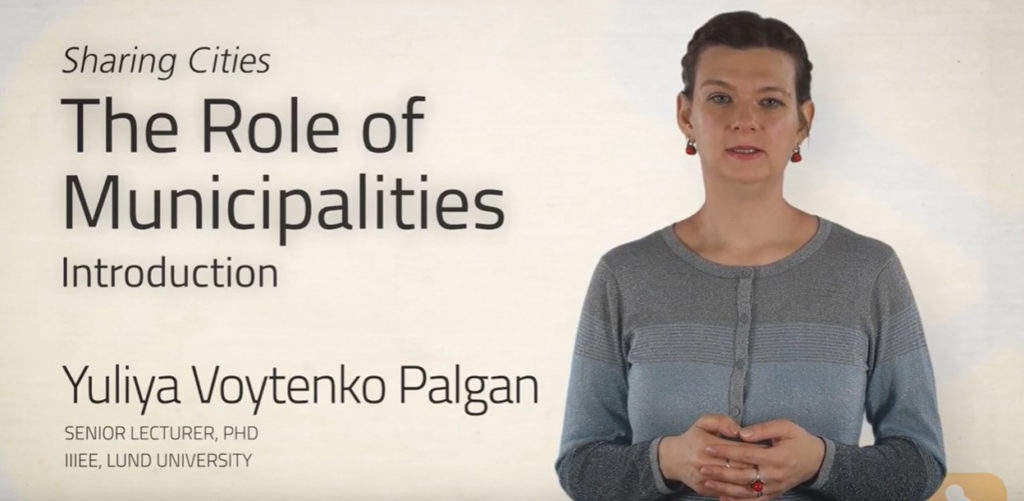Cities around the globe are embracing the sharing economy. People share their homes, cars, boats, clothes and household appliances with strangers. They do so using online platforms and smartphone apps like Airbnb, SnappCar and Peerby, or by visiting urban hubs like tool or clothes libraries. ‘Sharing,’ ‘sharing economy,’ ‘peer to peer economy,’ and ‘collaborative consumption’ are just some terms used to describe a variety of bottom-up initiatives, public-private-people partnerships, business start-ups and local government schemes, all of which utilise the idling capacity of our material world.
Cities not only host the majority of the world’s population. They are also often dense, digitally and physically connected spaces. Cities accumulate large pools of idling resources, items which people do not use regularly. Therefore it is not strange that the sharing economy is becoming a predominantly urban phenomenon.
On the one hand, the sharing economy offers opportunities to use underutilised goods, save resources, reduce emissions, connect and empower people, and build social capital. On the other hand, the sharing economy can exacerbate urban challenges leading to over consumption, inequalities and segregation, and negatively affect established businesses.
City governments respond to the sharing economy in various ways. They may restrict sharing economy organisations by regulating their operations or may even ban them totally. City governments may remain neutral in their governance approaches, and “close their eyes” to wait and see how the development of the sharing economy will unfold. Or they may encourage and strategically support sharing economy organisations when the city governments see that sharing economy organisations help address some of the urban challenges.
What is still lacking, however, is an attempt to map municipal governance practices from different areas, bring them together and learn why the cities govern the sharing economy in the ways they do. Such knowledge could help city governments around the world rip off the benefits that sharing economy organisations offer while reducing the costs at which they enter urban arenas. This is what has motivated our research behind the video series.
I am a researcher and an associate professor in sustainability strategies at Lund University, Sweden. Over the last three years, my colleagues, PhD and master students, and I worked to answer the questions of how city governments engage with the sharing economy, which governance mechanisms they employ, and which roles they play. We visited six cities including Amsterdam, Berlin, Gothenburg, London, Malmö and San Francisco. We conducted about 100 interviews with city government officials, politicians, urban developers, sharing economy organisations, knowledge institutes and think tanks. We organised three focus groups with people using sharing services and four participatory workshops with city government officials. All this data, input and feedback helped us develop a framework that identifies five mechanisms and 12 roles in which cities govern the sharing economy.
To communicate our research results to city governments and other (primarily non-academic) audiences, we have created a series of short videos. This series consists of an introductory film followed by five films, each of which discusses one of the five governance mechanisms: regulating, self-governing, providing, enabling, and collaborating. We hope that these films will serve both as an inspiration and as a communication tool for municipalities developing their sharing economy strategies. We also hope they will be of use to sharing economy experts, activists and citizens seeking for a simple way to understand and communicate the roles that city governments play when governing the sharing economy.
See The Roles of City Governments in the Sharing Economy – Introductory Film here:
The other films in the series will be released on Shareable.net in the coming weeks.
##
These films are based on the research done in two research projects: Sharing and the City (funded by Swedish Research Council Formas) and Urban Sharing research programme, which has received funding from the European Research Council (ERC) under the European Union’s Horizon 2020 research and innovation programme (grant agreement No 771872). The films are a part of the Sharing Cities Massive Open Online Course (MOOC) developed at the International Institute for Industrial Environmental Economics (IIIEE), Lund University, Sweden, and funded through the Sharing Cities Sweden project.









